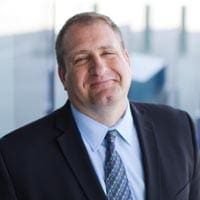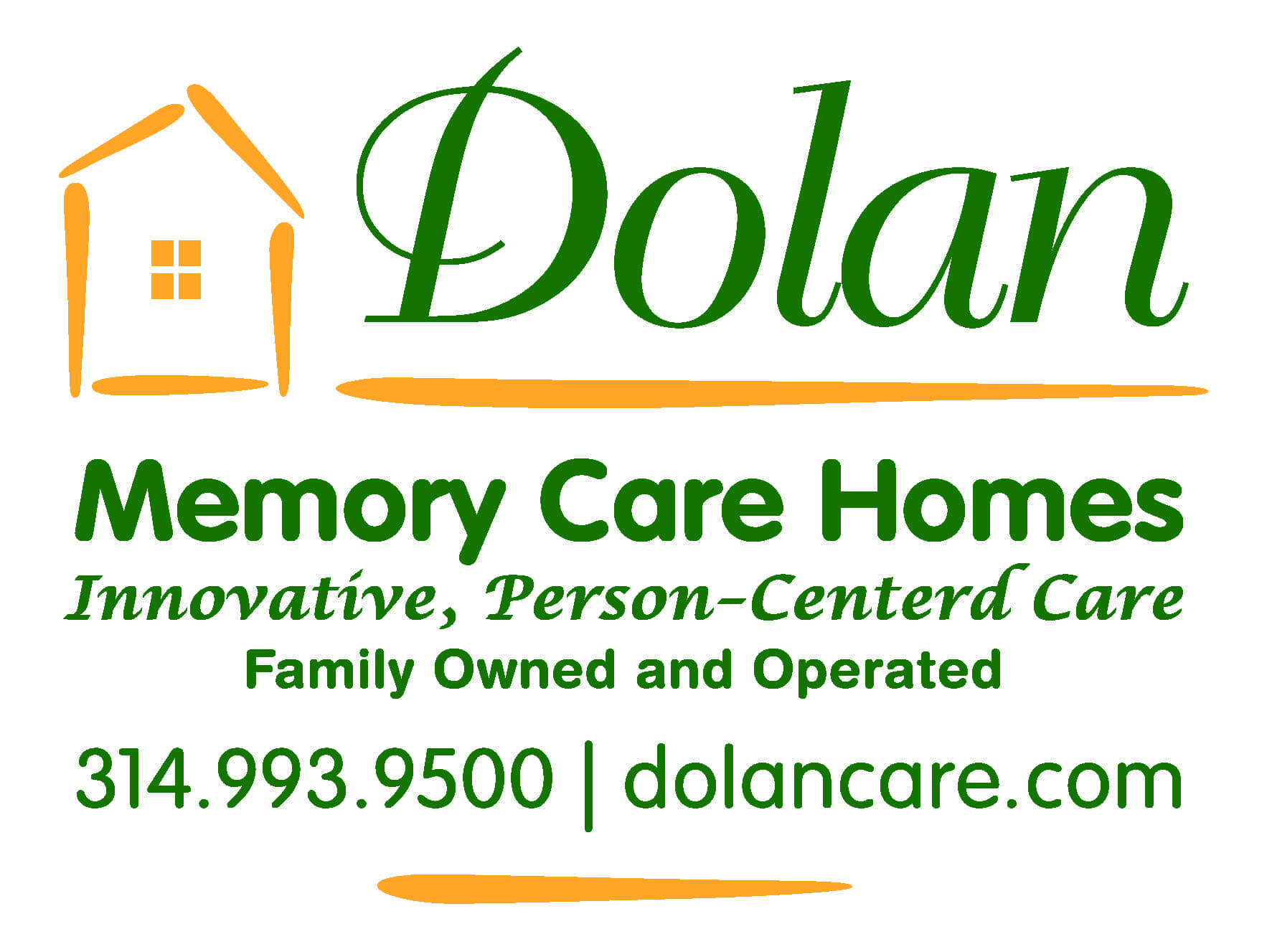 Dolan Memory Care Homes visits with Paul Weiss, President of Senior Oasis who shares a smiliar passion with enriching older adult’s lives. Oasis’s mission is to promote health aging through lifelong learning, active lifestyles and volunteer engagement with seniors. Paul took the time to share insight and a new perspective as we navigate the COVID-19 pandemic.
Dolan Memory Care Homes visits with Paul Weiss, President of Senior Oasis who shares a smiliar passion with enriching older adult’s lives. Oasis’s mission is to promote health aging through lifelong learning, active lifestyles and volunteer engagement with seniors. Paul took the time to share insight and a new perspective as we navigate the COVID-19 pandemic.
Perspective and empathy often arrive by unexpected and complicated means. We’re forced to alter our habits and behavior as a measure of preventative medicine as the pandemic virus encircles the globe. We are startled to realize there is no effective treatment or cure other than the rigor of our immune system. Social distancing is our daily reality, unexpectedly propelling us into isolation that is lonely and dismal as each passing day gives us less to look forward to.
Today I spoke with a colleague who reported that after two days of social distancing, her daughter, who is immunocompromised, became listless, depressed, and easily upset as the cut-off from friends and sudden solitude is proving to be intolerable for her.
As the president of the Oasis Institute, I recognize this phenomenon far too well. Oasis, and other organizations that support an aging population, describe this as social isolation. Research on the best ways to navigate older adulthood while maintaining mental, emotional, and physical health focuses on the risks of social isolation. Seclusion in older adulthood happens incrementally. For some, life after retirement means a perceived loss of purpose, absent the accompanying social connection.
Now, more than ever, is the time to consider the well-being of older adults. They are most at risk of serious complications from COVID-19. But, the dangers of loneliness are not new; our older family members and neighbors were more likely to experience social isolation before the pandemic and will do so well after.
Since 1982, The Oasis Institute of St. Louis has been a beacon for rejuvenation among aging adults across the country. You may not have heard of us. But then you’ve probably never heard of coronavirus until a few weeks ago. No surprise, subjects surrounding growing old—how to keep Mom and Dad busy after becoming empty-nesters, and beyond are not popular topics of conversation. Nor were facemasks, mass raids on toilet paper, rampant incurable disease, or global pandemics.
But here we are.
Hunkering down, what we now consider to be the new normal is just plain normal for some older adults.
Around the world aging adults face social isolation every day. It makes no difference whether parks, restaurants, or sports venues are open. They face limits predicated by a decline in physical health, ability, and a fear of falling; becoming a caregiver for a spouse or a much older parent; less confidence driving; and challenges surrounding urban, suburban, and rural infrastructure (or lack thereof). The reality of implicit age bias is that we prefer to embrace the experiences of youth rather than purposeful engagement for older adults.
Oasis, our national network, is shifting focus to find ways to engage older adults, who weeks prior, were attending Oasis Lifelong Learning classes, volunteering at our Centers, serving as tutors and mentors in elementary schools, and connecting weekly with friends at our exercise classes. Recently, we suspended all in-person activities. This is the rational response, frankly the ONLY answer available to protect the population most vulnerable to coronavirus. “Stay home” is the motto infiltrating the news and social media. Suddenly, the stress that comes from isolation is shared among us all, regardless of age.
While an optimist by nature, I struggle to find a silver lining in this unprecedented turn of events. However, as the leader of an organization focused on reducing social isolation among older adults, identifying new ways for them to find purpose and connection in this last quartile of life is of utmost importance. Perhaps the silver lining is using this experience as an opportunity for everyone to gain perspective on the realities of involuntary isolation and its devastating impact on the human mind and body.
I am confident in the combined strength of human ingenuity, advancement of science, and our capacity for problem-solving, that progress will be made towards an innovative solution to COVID-19. When that time comes, as people across the world begin to emerge from their homes and connect, I hope they will better understand how it feels to be involuntarily alone. And why programs, services, and opportunities centrally focused on enriching the lives of those who don’t have a choice, are so important to older adults.
We enrich the lives of older adults across the country by empowering them to take charge of their health, both physical and mental, promote learning and satisfy the joy of giving back to their communities. Through the experience of these unprecedented times, we ask that you join us in committing to make sure that social isolation isn’t anyone’s normal.
Source: https://www.oasisnet.org





